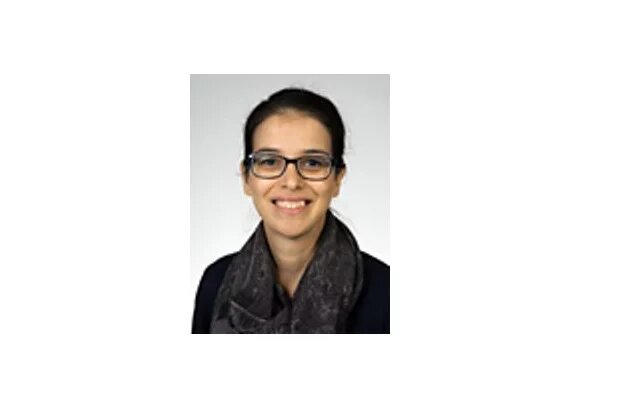
Dear Friends and Colleagues!
I first got acquainted with the Heinrich Böll Foundation in 2005. I had just returned to Baku from St Petersburg, where I completed my degree in the field of conflict studies. I did not know what to do with this education all that well, though it seemed obvious that I should get involved in peacebuilding work, and I really tried to participate in some kind of peacebuilding projects. But the more I dealt with “overcoming negative stereotypes” and finding solutions based on the “win-win” principle, the more questions I had.
This is when I learned about the scholarship program offered by Heinrich Böll Foundation. I applied, and soon received a message stating that my project on the images of Armenians in the Azerbaijani literature would be funded. I was exhilarated about the opportunity to do research work which also coincided with my favorite thing - reading fiction. After a while I went for a seminar in Tbilisi, expecting a standard orientation program after which I'll just come back and continue reading and quoting books. However, the experience turned out to be anything but standard.
More precisely, the break from the standard began even before the seminar, right in the Baku-Tbilisi train which Azerbaijani scholars took to the program. We were all very different, with different topics of interest, different views, and at different stages of our professional activities. But all the scholarship fellows were amazingly interesting and passionate people. Then, in Tbilisi, it turned out that not only scholars from Azerbaijan, but also from Armenia and Georgia, as well as our mentors, are such people too. However, most importantly, our organizers turned out to be as equally interesting and passionate about their work. Walter [Kaufmann], Nino [Lejava] and Tamuna [Shvangiradze] did not just deal with organizational issues. They were interested in our topics, the course of our research, and just us as people. These very passion and interest of the representatives of the Foundation, in my opinion, are the basis of its success in the South Caucasus.
Perhaps, never before the program, and never after it have I ever been able to work in such a large group of people passionate about their work. The four Tbilisi seminars in the framework of the scholarship program offered so much: heart-to-heart talks, intellectual discoveries, personal revelations, famous Georgian hospitality, and new friends. That year my whole life changed thanks to the Foundation - it showed me that another world is possible. That you can be a professional and remain a passionate person. That like-minded people meet. And that to me, personally, research work is the most interesting kind of work and that's what I want to do.
Much has changed since my participation in the scholarship program. I moved away from conflict studies and changed the subject of my research; completed a PhD at the Middle Eastern Technical University in Ankara and defended my dissertation on the experience of the post-Soviet transition in the life of engineers in Azerbaijan; worked on many research projects, from Azerbaijan to Bulgaria, Georgia and Ukraine, and started my first post-doctoral project on post-Soviet borders at the University of Eastern Finland last year. All these years I tried to do only what I was interested in, and to preserve the passion that struck me in the scholarship program many years ago. And although, for various reasons, I did not formally cooperate with the Foundation during these years, the connection with it is constantly present in my life. I continue to maintain relations with many colleagues whom I met during the scholarship program. Some of them have become my friends of many years. I would like to especially note one instance of the role of the Foundation in my life: I met my future husband at a conference where I presented my research in the framework of the scholarship program!
Thank you very much for your work! From the bottom of the heart I congratulate you on the 15th anniversary, and here’s to many, many more memorable dates!
Always yours,
Leila Sayfutdinova
Postdoctoral Researcher,
Karelian Institute
University of Eastern Finland
____
In the frameworks of the Scholarship Program, Leyla's research article "Армяне в Азербайджанской Художественной Литературе: Межгрупповая Граница, Факторы Ее Усиления и Ослабления" was published in 2006 in collection of articles "South Caucasus: Spaces. Histories. People" and later, in 2011 English translation of the article "Good" and "Bad" Armenians: Representation of the Karabakh Conflict in Azerbaijani Literature" was included in collection of selected articles "Changing Identities: Armenia, Azerbaijan, Georgia".
